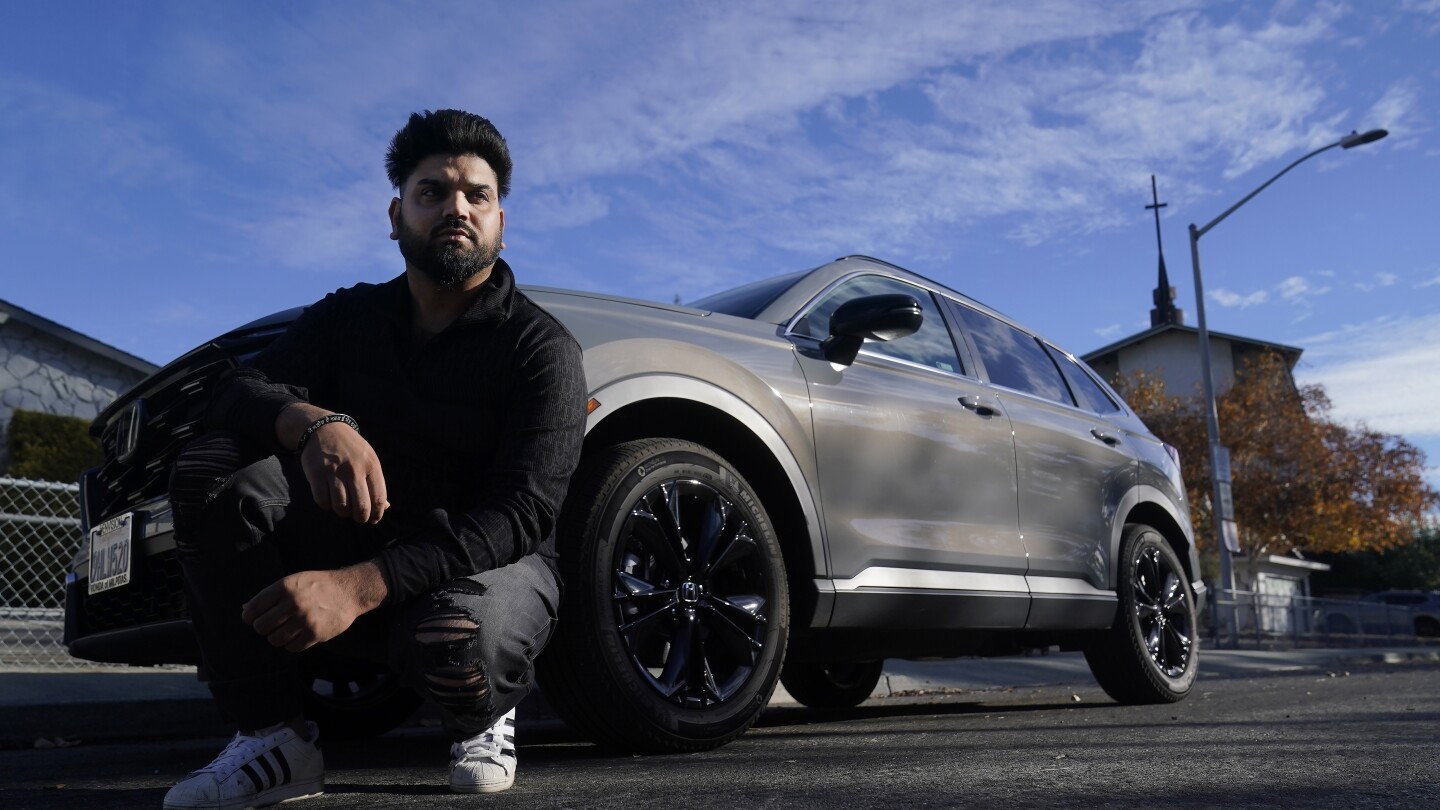- cross-posted to:
- cars@lemmit.online
- cross-posted to:
- cars@lemmit.online
America’s automakers have staked their futures on the notion that electric vehicles will dominate sales in the coming years, spurred by buyers determined to reduce carbon emissions and save on fuel.
But so far, while EV sales are growing, their pace is falling well short of the industry’s ambitious timetable for transitioning away from combustion engines. Instead, buyers are increasingly embracing a quarter-century-old technology whose popularity has been surging: The gas-electric hybrid, which alternates from gas to battery power to maximize efficiency.
So far in 2023, Americans have bought a record 1 million-plus hybrids — up 76% from the same period last year, according to Edmunds.com. As recently as last year, purchases had fallen below 2021’s total. This year’s figures don’t even include sales of 148,000 plug-in hybrids, which drive a short distance on battery power before a gas-electric system kicks in.



On a recent vacation my family rented a Tesla, and the place we were had limited infrastructure to support it.
I had several takeaways:
The drivetrain of an electric vehicle is fantastic, eventually it’s the future all cars will have
The charging infra and paradigm we have right now would be limiting in some use cases
A plug-in hybrid gets you most of the upsides of an electric drivetrain and the ability to run all-electric for in-town errand running, but also has the ability to refuel at the rate of chugging gasoline into a tank
We don’t want a Tesla, their QC is sub-par and it’s only a matter of time before real car companies ramp up on the EV and bring their QC chops to the game
One day, when batteries are a common standard and can be swapped like you swap a propane cylinder for your grill, I will have no reason to want a PHEV, we’ll be able to ditch the dead-weight gas engine foreverrr